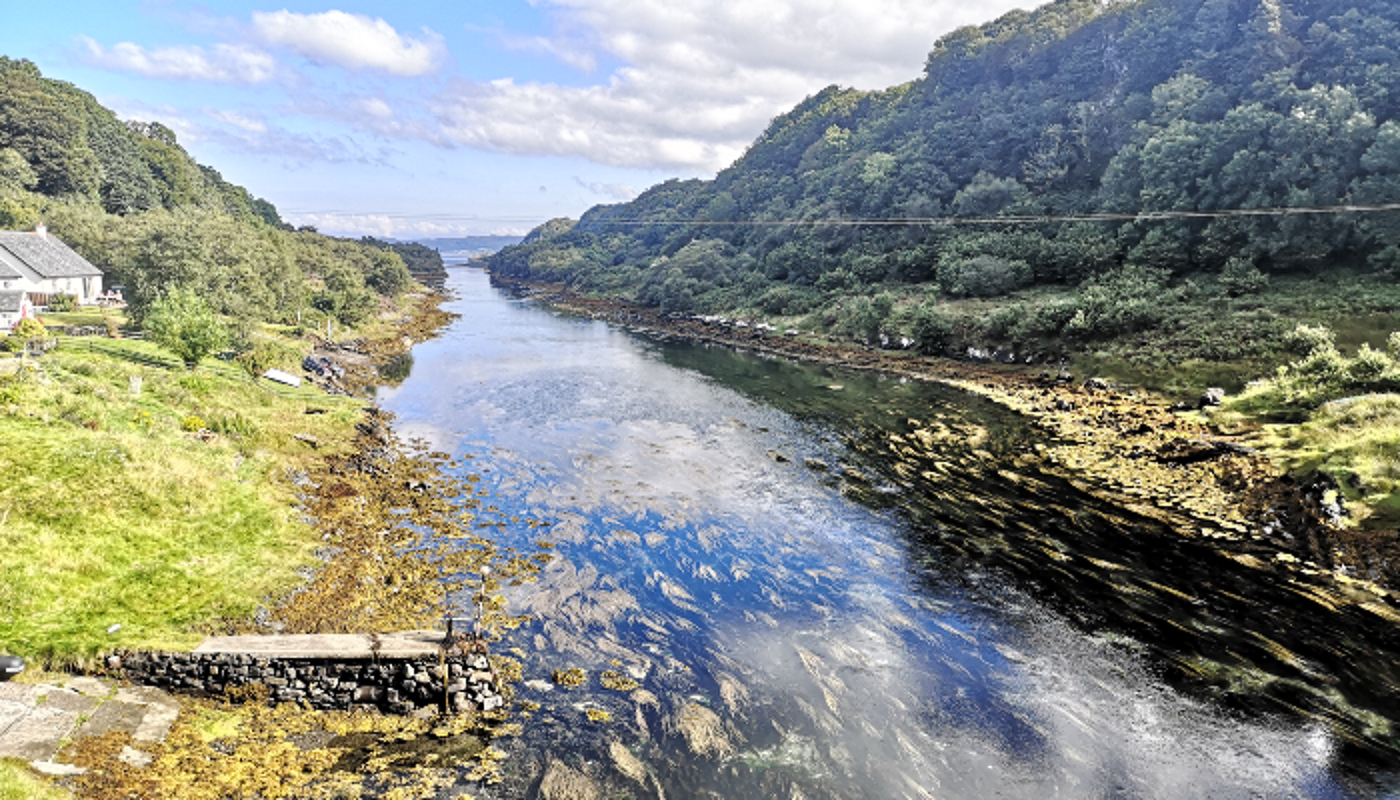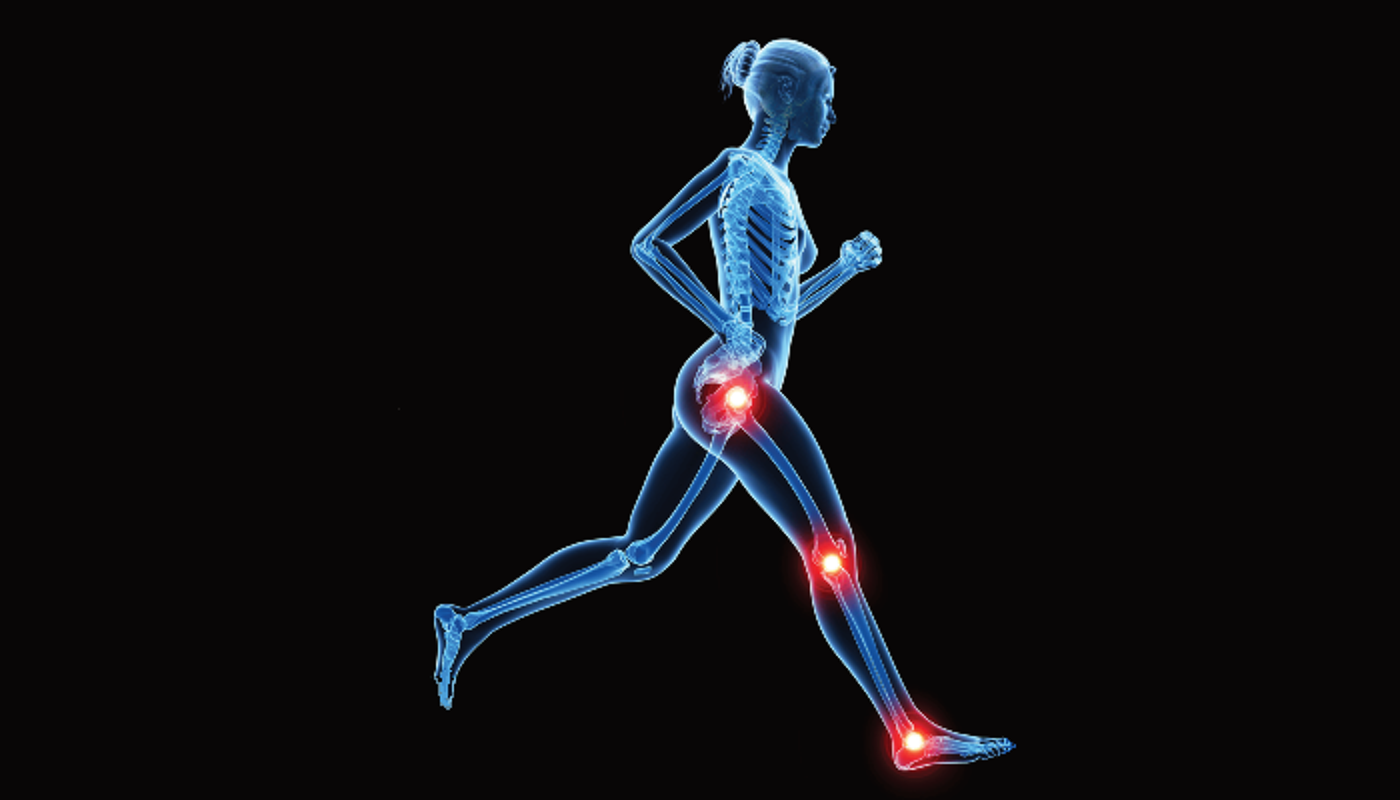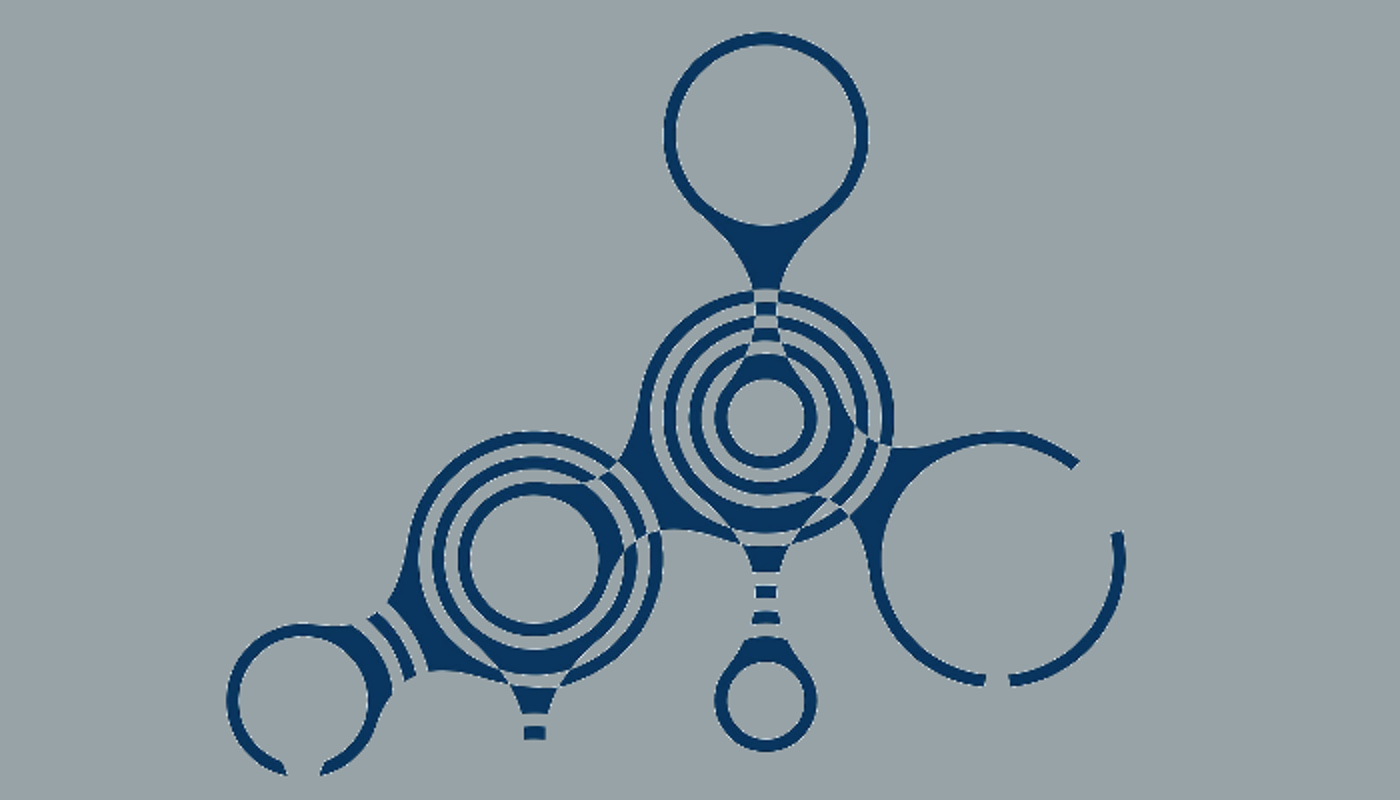
Glasgow University Microbiome Initiative (GUMI) is a collection of researchers and clinicians from across the University of Glasgow and NHS Greater Glasgow and Clyde with a passion for microbiome research.
In bringing together experts with diverse skillsets and interests in microbiome research under this umbrella, we aim to facilitate collaboration and increase both discovery and translational microbiome research across human and animal health and the environment.
Fostering a collaboration both within GUMI and with external partners will increase our capabilities in microbiome research, ensure impact of our findings and in the longer term increase societal impact of our findings.
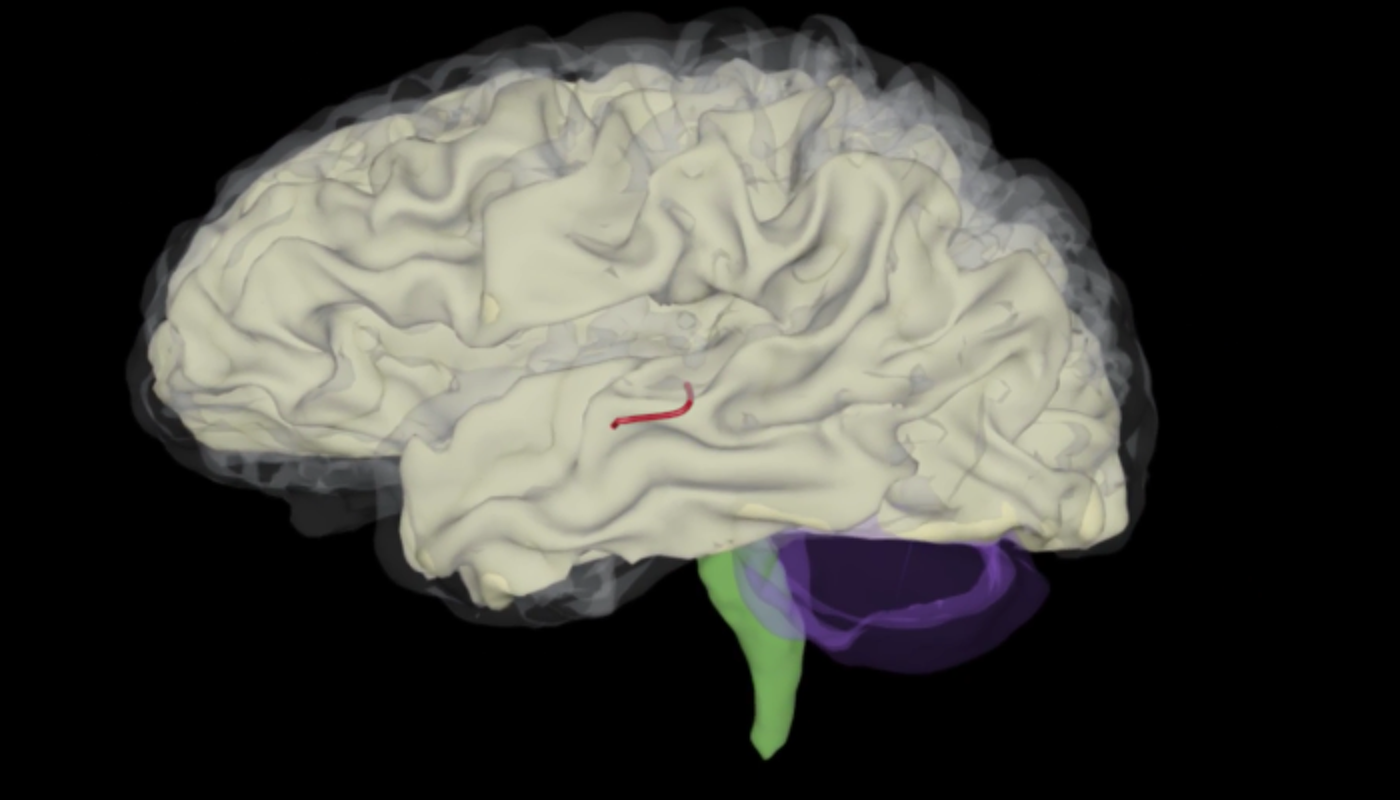
Education
Our Vision
With over 40 research groups independently studying the microbiome at the University of Glasgow and in the NHS Greater Glasgow and Clyde, GUMI aims to bring this expertise together to create a centre for excellence in microbiome research.
Fostering a collaboration both within GUMI and with external partners will increase our capabilities in microbiome research, ensure impact of our findings and in the longer term increase societal impact of our findings.
Our People
Our People
 |
The Bingo Group
|
|
| The Bacteria, Immunology, Nutrition, Gastroenterology and OMICS group is an interdisciplinary group of clinicians, immunologists, dietitians, nutritionists, microbiologists and experts in bioinformatics and statistical tools exploring the role of gut microbiota and its interaction with the diet and the immune system in health and disease. | ||
 |
Dr Richard BurchmoreSenior Lecturer (Parasitology)
|
|
| Dr Richard Burchmore aims to exploit mass spectrometry approaches to understand the molecular basis of host-microbe interactions. | ||
 |
Dr Karen CameronLecturer in Geobiology
|
|
| I study the microbial ecology of glacial and peatland environments, with a focus on the impact of climate change on these communities. | ||
 |
Dr Emilie CombetSenior Lecturer in Nutrition (Medicine) |
|
| My research focuses on nutrition and lifelong health trajectories. I am interested in the role of the microbiome in the transformation of dietary components into more bioavailable, bioactives compounds, how dietary component can, in turn, modulate the microbiome (oral, colonic). We use in vitro fermentation models and human intervention studies to explore these two axes. | ||
 |
Dr Adam DobsonUKRI Future Leadership Fellow (Institute of Molecular Cell & Systems Biology)
|
|
| Dr Adam Dobson studies how microbial regulation of basic and conserved host cell function influences metabolism and ageing. | ||
 |
Dr Gill DouceSenior Lecturer (Bacteriology)
|
|
| Our work aims to determine the impact of antibiotic treatment on the microbiome resulting in increased susceptibility to Clostridium difficile mediated disease. | ||
 |
Professor Julia EdgarSenior Lecturer (Immunology)
|
|
| We study he role of the gut microbiome in the metabolism of neural cells. | ||
 |
Professor Christine EdwardsProfessor of Nutritional Physiology (Medicine) |
|
| We study the impact of dietary components on the metabolic activity of the gut microbiota and subsequent release and biological action of bioactive molecules and gases using in vitro models and human feeding trials. | ||
 |
Dr Lorena Fernández-MartínezReader Lecturer in Bacteriology |
|
| We are interested in understanding soil microbial community interactions and how they modulate specialised metabolite production in soil microorganisms, especially in the bacterial genus Streptomycess. | ||
 |
Dr Caroline Gauchotte-LindsaySenior Lecturer (Infrastructure & Environment) |
|
| I am interested in understanding the interactions between microbial ecology and complex contamination in natural and engineering environments. | ||
 |
Dr Daniel GayaHonorary Clinical Associate Professor (School of Medicine, Dentistry & Nursing)
|
|
| Consultant paediatric gastroenterologist with an interest in how the microbiome influences chronic gastrointestinal diseases, particularly inflammatory bowel disease. | ||
 |
Professor Konstantinos GerasimidisProfessor of Clinical Nutrition (Medicine) |
|
| Head of the BINGO group and exploring the role of gut microbiota and its interaction with the diet and the immune system in health and disease. | ||
 |
Glasgow Polyomics
|
|
| Supporting data collection, analysis, interpretation and integration across multiple omics. | ||
 |
Dr Richard GoodwinHonorary Professor (Institute of Infection Immunity & Inflammation) |
|
| Applying novel imaging approaches to understand microbial communication with the host. | ||
 |
Dr Richard HansenHonorary Clinical Associate Professor (School of Medicine, Dentistry & Nursing)
|
|
| Consultant paediatric gastroenterologist with research interest in applying microbial therapeutics to chronic gastrointestinal diseases, particularly inflammatory bowel disease. | ||
 |
Dr Peter HastieSenior Lecturer (Veterinary Science & Education)
|
|
| My primary interest is in the gastrointestinal tract of ruminants and horses looking at how the microbiome changes in response to dietary regimes and how it influences the gut-brain axis in terms of behaviour. | ||
 |
Dr Umer IjazReader in Information Engineering (Infrastructure & Environment)
|
|
| Dr Ijaz develop pipelines and statistical tools to process and integrate different sources of 'omics data (metagenomics, metatranscriptomics, metabolomics, and metaproteomics) in environmental and medical science for microbial community analysis. Additionally, he is involved in developing bespoke hardware systems that exploit and harness the power of microbiome. He also manages a high-performance computing facility called Orion cluster, where workflows developed in his lab are routinely used to process 'omics data. | ||
 |
Dr Jesko KoehnkeReader (School of Chemistry)
|
|
| The Koehnke group focusses on elucidating biosynthetic steps from selected natural product pathways through a combination of biochemistry, biophysics, and structural biology. We then apply these data to generate (semisynthetic) natural product derivatives with improved properties or to derivatize (semi)synthetic molecules for drug discovery. In addition, we collaborate with diverse groups, mainly as structural biologists, to understand biological problems, such as antibiotic resistance development or the infection process and to aid in drug design and optimisation. | ||
Dr Ross LangleyHonorary Clinical Senior Lecturer (School of Medicine, Dentistry & Nursing)
|
||
| I am a Paediatric Respiratory Consultant with an interest in the microbiome and its effect on the respiratory health in children. | ||
 |
Dr Martin LlewellynReader (Institute of Biodiversity Animal Health & Comparative Medicine)
|
|
| At the Llewellyn lab we are interested in the role of host-associated microbiota in salmon health and disease. We operate a salmon gut simulator called SalmoSim to address commercial and academic knowledge gaps in the aquaculture sector. | ||
 |
Professor Barbara MableProfessor of Evolutionary Genetics (BOHVM)
|
|
| In collaboration with Dr Umer Ijaz, I am interested in the role that the microbiome plays in adaptive processes in both plants and animals, including investigation of host-pathogen interactions. | ||
 |
Professor Kevin MaloyProfessor Mucosal Immunology
|
|
| My lab is interested in how particular components of the microbiome, sometimes termed pathobionts, are sensed by the host immune system and how these bacteria influence host immune circuits and predispose to intestinal inflammation. | ||
 |
Professor Simon MillingProfessor of Immunology
|
|
| My lab focuses on the biology of dendritic cells in the intestine, and on how these cells respond to infectious or inflammatory stimuli. | ||
 |
Dr John MoreauReader in Geomicrobiology & Environmental Geoscience (Earth Sciences)
|
|
|
I investigate how microbes influence the form and fate of heavy metals in various environments, and the co-evolution of microbial genes encoding for interactions with metal(loid)s. |
||
 |
Dr Douglas MorrisonReader (Scottish Universities Environmental Research Centre) |
|
| Develop and apply novel metabolic and isotopic probes to understand the function of the gut microbiome in human health. | ||
 |
Dr Sean O'CathailClinical Senior Lecturer
|
|
| I am interested in microbiome research relating to rectal cancer treatment. | ||
 |
Professor Gordon RamageProfessor (Dental School) |
|
| The Ramage laboratory are interested in how bacteria and fungi interact in complex biofilm communities. We are using microbiome and mycobiome approaches to identify important relationships in order explore the molecular mechanisms behind these interactions. | ||
 |
Professor Andrew RoeProfessor of Molecular Microbiology (Bacteriology)
|
|
| Our research is focused gene regulation of bacteria, particularly pathotypes of Escherichia coli . The influence of the microbiome on metabolites and how these affect these pathogens is an active area of investigation in collaboration with Professor Konstantinos Gerasimidis. | ||
 |
Dr Campbell RoxburghClinical Senior Lecturer/Honorary Consultant (Translational Research Centre)
|
|
| I’m a rectal cancer surgeon and along with Sean O’Cathail in clinical oncology we are interested in microbiome research relating to rectal cancer treatment. | ||
 |
Professor Owen SansomDirector, Institute of Cancer Sciences (Beatson Institute for Cancer Research)
|
|
| We study the effect of the microbiome on the development/progression of colorectal cancer using genetically engineered mouse models and metabolomics. | ||
 |
Professor Paul ShielsProfessor of Geroscience
|
|
| We have previously demonstrated that lower socio-economic position is associated with accelerated ageing in general population cohorts, where it is linked to imbalanced diet, phosphataemia and inflammatory status. We have also demonstrated that these features are associated with differential prevalence of pathogenic bacteria in those at lower SEP and with salutogenic bacteria in those at higher SEP. The identification of relatively small numbers of salutogenic bacteria associated with improved health span during normative ageing has offered significant mechanistic insight into how nutritional and live bio-therapeutic strategies might improve age related health. We have now exploited these to investigate how the microbiota influences diseases of ageing, such as CKD, and how simple therapeutic interventions can help mitigate microbial dysbiosis. | ||
 |
Professor Steve SinkinsProfessor in Microbiology and Tropical Medicine (Centre for Virus Research)
|
|
| Research on the microbiome of Aedes and Anopheles mosquitoes, in particular the inherited symbionts that can block the transmission of mosquito-borne pathogens. | ||
 |
Professor William SloanProfessor of Environmental Engineering (Infrastructure & Environment)
|
|
| My research aims to develop design rules for engineering complex microbial communities used in water biotechnologies. | ||
 |
Professor Cindy SmithProfessor (Infrastructure & Environment)
|
|
|
|
||
 |
Professor Stephen TaitProfessor (Beatson Institute for Cancer Research)
|
|
| I am interested in how the microbiome can impact the development and treatment of cancer, with special focus on inflammation and cell death. | ||
 |
Dr Anastasia TheodosiouAcademic Clinical Lecturer |
|
| My research involves the use of controlled human infection (human challenge) to study microbiome development in early life, including the world’s first respiratory human challenge study in pregnancy. I am particularly interested in the clinical relevance of microbiome research, and have introduced the novel concept of “microbiotoxicity” as a framework for considering the unintended bystander effects of antibiotics on a patient’s microbiome. | ||
 |
Dr Selina TsimHonorary Clinical Senior Lecturer (Institute of Cancer Sciences)
|
|
| My research interest is in the pleural microbiome in patients with malignant pleural disease managed with an indwelling pleural catheter (IPC), how the microbiome in IPC colonisation differs from IPC-related pleural infection and the effect the pleural microbiome has on response to anti-cancer treatment in malignant pleural mesothelioma. | ||
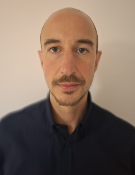 |
Dr Matteo Turco de Pretis-CagnodoPrincipal Clinical Psychologist (Glasgow Royal Infirmary)
|
|
|
My current research interest gravitates around expanding our understanding of individual human behaviour through studying how some of its most fundamental actions, namely, feeding (e.g. nutrition), psychomotor activation (e.g. exercise), and rest (e.g. sleep) impact on a person's psychological wellbeing, and, more broadly, on their ability to overcome pathopsychological and pathophysiological states, as a function of such actions. I'm particularly interested in exploring the physiological mechanisms that influence/mediate private psychological events (e.g. psychopathology), chiefly, feeding, and by extension, the microbiome. If the maxim "you are what you eat" holds, to what extent does the proposition "your microbiome determines how well equipped you are to overcome dysfunctional psychological states" also holds, and how can an understanding of this be applied to clinical settings? |
||
 |
Dr Marta VignolaResearch Fellow (Infrastructure & Environment)
|
|
| Through my research, I aim at understanding ecological patterns underlying the assembly of microbial communities in engineered systems for water treatment. | ||
Professor Daniel WalkerProfessor (Bacteriology)
|
||
| We study species-specific protein antibiotics for microbiome engineering. | ||
 |
Dr Donal WallReader (Bacteriology)
|
|
| We study how microbiome-derived metabolites influence mammalian physiology. | ||
 |
Dr Georgia Perona-WrightSenior Lecturer (Immunology) |
|
| How do gut infections and the gut microbiome affect and train our immune systems? Do they alter susceptibility to other infections, in the gut and elsewhere in the body? | ||
 |
Professor Huabing YinProfessor of Biomedical Engineering (Biomedical Engineering)
|
|
| We have developed microfluidic tools to investigate microbial communities at the single-cell level, including rapid diagnosis of pathogens and metabolic function-based sorting of environmental microbiome. | ||
Opportunities
Research & Teaching Positions
Currently no vacancies available
Management, Professional, and Administrative
Currently no vacancies available
Technical & Specialist
Currently no vacancies available
Funded PhD Opportunities
Currently no vacancies available
Operational
Currently no vacancies available
Clinical
Currently no vacancies available


